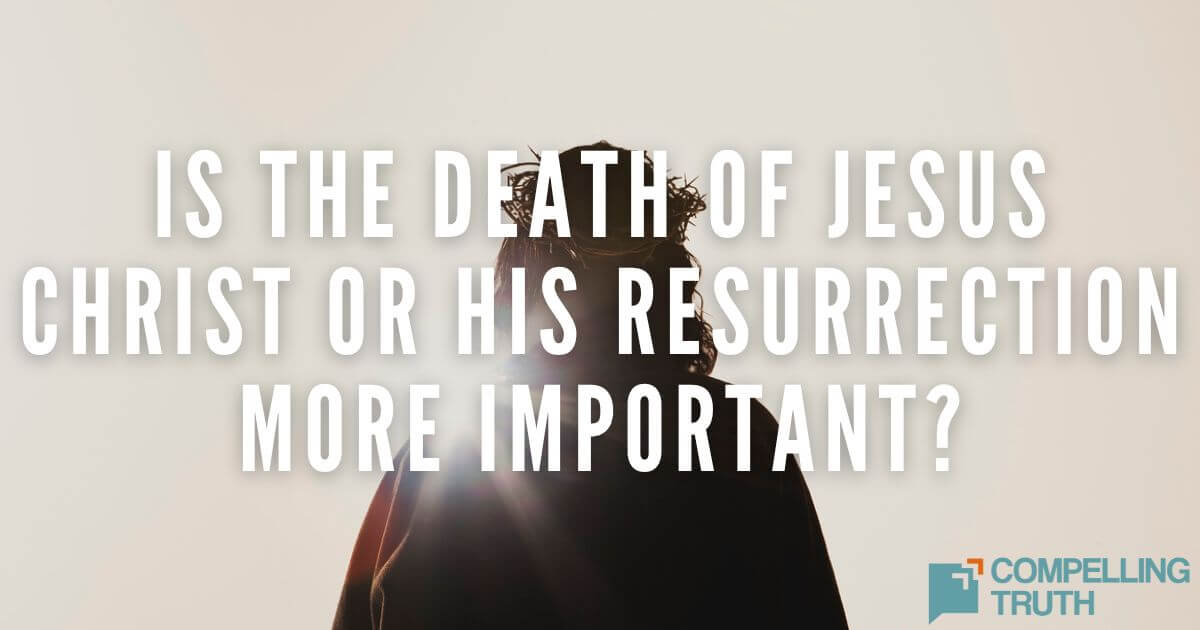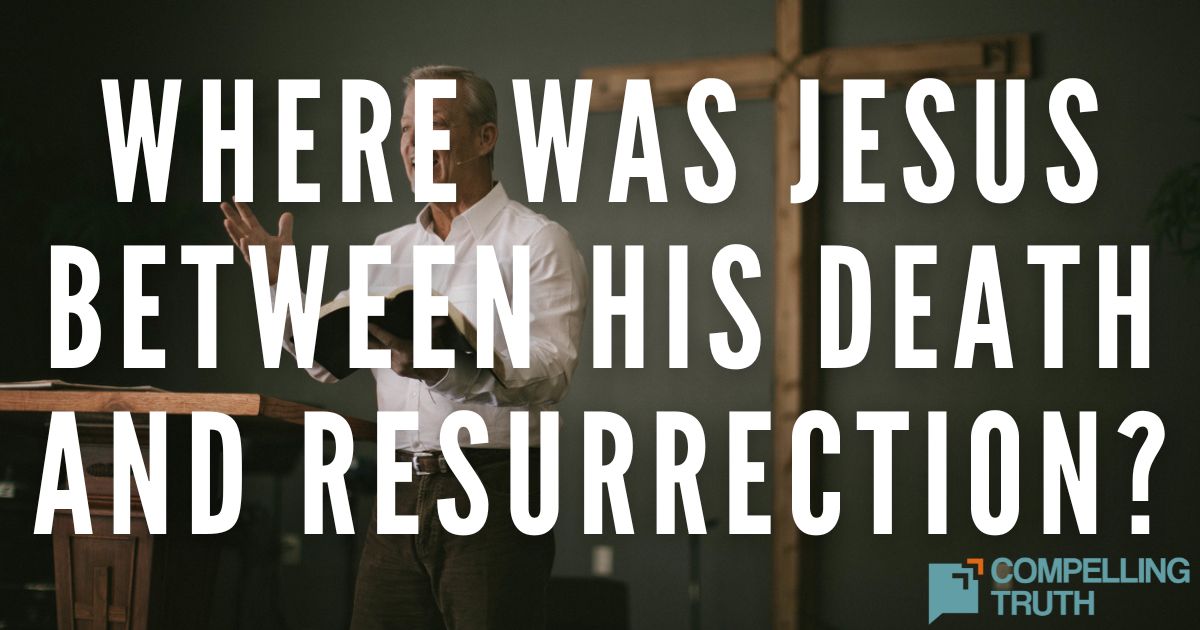what does the bible say?
While Scripture did not specify why Jesus was dead for exactly three days, that period fulfilled Scripture’s prophecies. Jesus Himself repeatedly predicted that He would be killed and rise on the third day (Matthew 16:21, 17:23; John 2:19-22), a detail His opponents even remembered (Matthew 27:63). He linked this timing to Jonah’s three days in the fish (Matthew 12:40). Other prophets also hinted at restoration “on the third day” (Hosea 6:2).
The three days confirm both the reality of His death and the truth of His resurrection. Jesus was buried before the Sabbath and remained in the tomb until the first day of the week, leaving no doubt that He truly died (Luke 23:54-56, 24:1-7). The delay made His rising undeniable, much like Lazarus, whose body had already begun to decay (John 11:39-44).
The timing also ties into God’s plan of salvation. Jesus died at Passover as the Lamb of God (John 19:14; 1 Corinthians 5:7) and rose on the first day, which is connected to the feast of firstfruits and the promise of new creation (John 20:1; 1 Corinthians 15:20).




